Iran is considering switching to the Beidou system instead of the GPS system. (Illustration photo: Canva)
"Over the past few years, governments around the world have paid particular attention to conflicts in Ukraine and the Middle East – places that are considered “laboratories” for future forms of warfare, not only in terms of weapons but also in terms of technology and tactics.
The most recent Israeli attack on Iran, with US support, not only demonstrated new methods of drone deployment and infiltration, but also exposed serious technological weaknesses. Specifically, during the 12-day conflict, Iran and ships operating in the Gulf region continuously encountered GPS interference.
This situation has worried Iranian officials. Immediately after the conflict ended, the government began looking for alternatives.
“Sometimes the GPS system is disrupted due to internal factors, and that pushes us to consider alternatives like the Beidou (satellite navigation system),” Ehsan Chitsaz, Iran’s deputy minister of information and communications, told domestic media in mid-July. He also said the government is planning to switch the transport, agriculture and internet sectors to use the Chinese navigation system.
At first glance, this may seem like a stopgap move. But in the broader context, it is a clear manifestation of a broader strategic shift globally.
For decades, the West, and especially the United States, has dominated the world’s technological infrastructure, from computer operating systems and the Internet to telecommunications and satellite navigation systems. This has left much of the world dependent on Western technology, a dependency that can quickly become a vulnerability.
Since 2013, leaks and journalistic investigations have revealed the widespread misuse of Western technology for surveillance and data collection on a global scale – a concern for many governments.
Iran’s consideration of switching to Beidou thus sends a clear message: The era of dependence on US-controlled technological infrastructure is coming to an end. Countries no longer want to entrust their defense capabilities and digital sovereignty to a US-run satellite network.
It is this mentality that has fueled the emergence of a series of national and regional positioning systems such as Europe's Galileo or Russia's GLONASS – all aimed at regaining some control and market share in the global positioning market.
GPS is not the only vulnerability Iran has discovered in recent attacks. Israel has successfully assassinated many nuclear scientists and high-ranking commanders in Iran's security and military forces.
The fact that the enemy was able to pinpoint the exact locations of the targets raised concerns that domestic telecommunications systems had been compromised, and that Israel could track targets through mobile phones.
On June 17 this year, as the conflict continued, Iranian authorities urged people to stop using the WhatsApp messaging app and delete it from their phones. Iran accused the platform of collecting user data to pass on to Israel.
While it is unclear whether the call is directly related to the assassinations, Iran's suspicions of an application owned by the US company Meta are not unfounded.
Many cybersecurity experts have long questioned the security of WhatsApp. Recently, the media reported that the artificial intelligence software used by Israel to identify targets in Gaza was “fed” with data collected from social networks. It is known that shortly after the attacks on Iran ended, the US House of Representatives also passed a bill banning the use of WhatsApp on official devices.
For Iran and many other countries, the message is clear. Western platforms are no longer simply communication tools. Instead, they are weapons in a digital intelligence war.
Tehran has long been developing an intranet – the National Information Network – that allows the state to exert greater control over internet use. This is likely to be expanded in the coming years, and may even be modeled after China’s firewall.
Determined to distance itself from Western-dominated infrastructure, Iran is consolidating its position in a new axis of influence – directly challenging Western dominance. The cooperation between Iran and China goes beyond mere transactions, but represents a strategic connection to ensure true digital autonomy.
In the context of China’s Belt and Road Initiative (BRI), Iran’s move takes on even more strategic significance. While often viewed as an infrastructure and trade program, the BRI is in fact an ambitious blueprint for shaping a new world order. With its strategic location and key role as an energy supplier, Iran is becoming an increasingly important partner in the initiative.
What is happening is the formation of a new technological bloc – where digital infrastructure is closely linked to political resistance. Countries tired of Western impositions, double standards and digital hegemony have found strategic benefits from a new influence.
This rapid shift is a precursor to a “tech cold war” – a simmering confrontation in which countries will choose critical infrastructure such as location, communications, data or payments based not on superior technology, but on political trust and security perceptions.
As more and more countries follow suit, the West's technological advantage will gradually narrow, leading to a comprehensive change in the global balance of power"./.
According to VNA
Source: https://baothanhhoa.vn/iran-muon-tu-bo-he-thong-gps-dau-hieu-ve-cuoc-chien-tranh-cold-cong-nghe-256302.htm


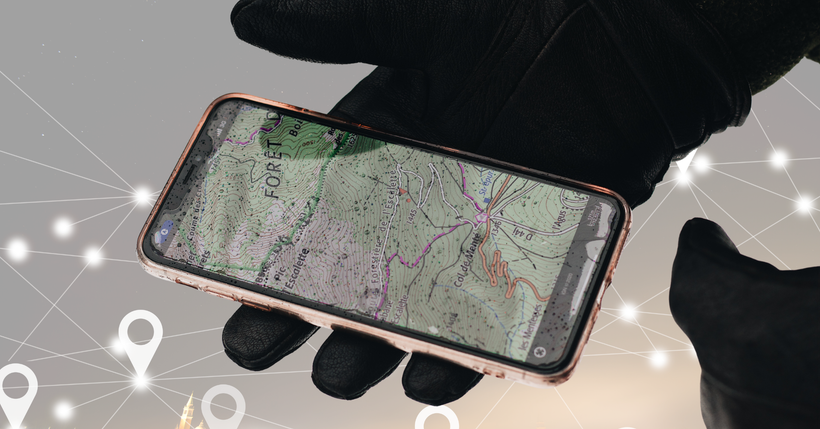




![[Photo] Dan Mountain Ginseng, a precious gift from nature to Kinh Bac land](/_next/image?url=https%3A%2F%2Fvphoto.vietnam.vn%2Fthumb%2F1200x675%2Fvietnam%2Fresource%2FIMAGE%2F2025%2F11%2F30%2F1764493588163_ndo_br_anh-longform-jpg.webp&w=3840&q=75)

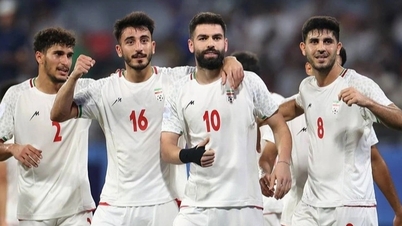



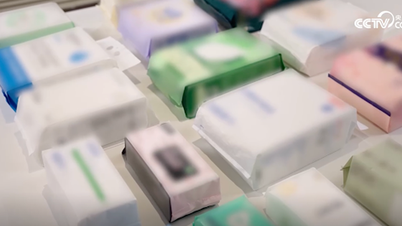







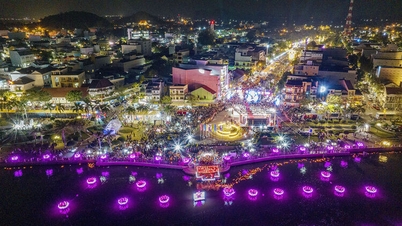







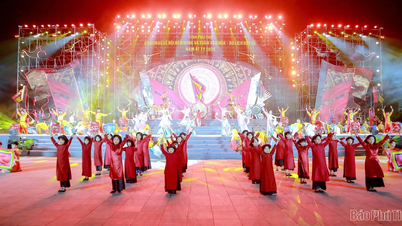





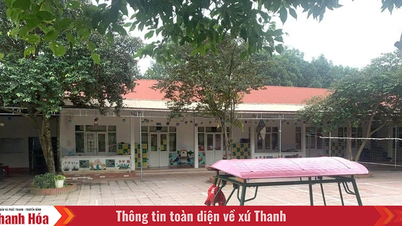
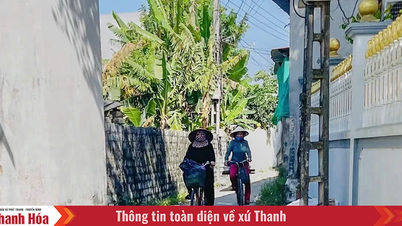


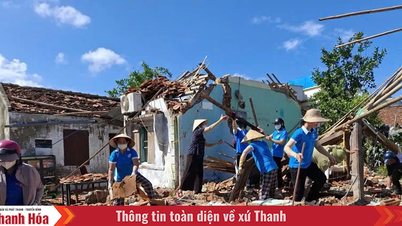

































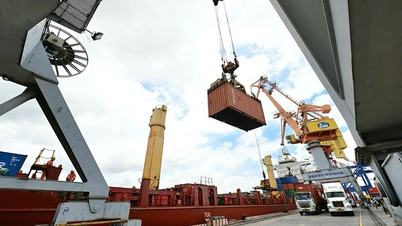

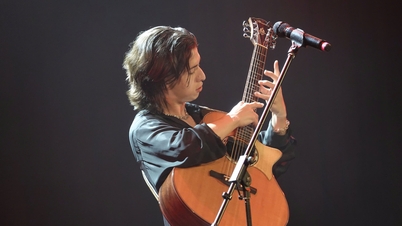


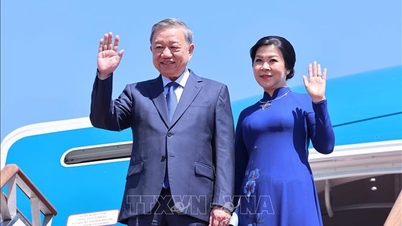

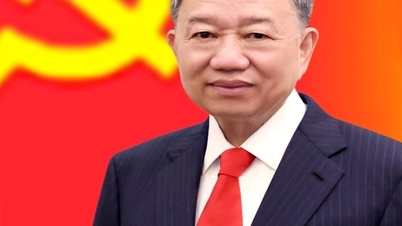

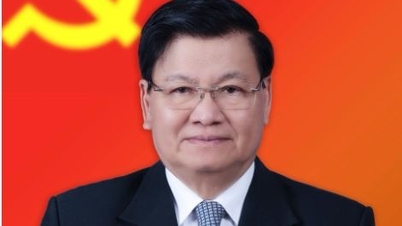
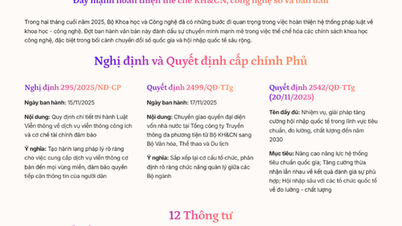

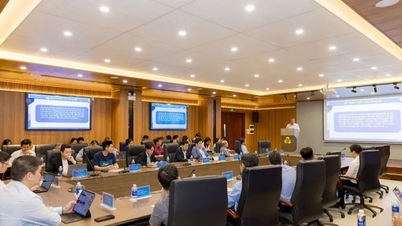
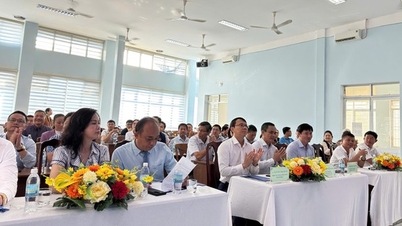
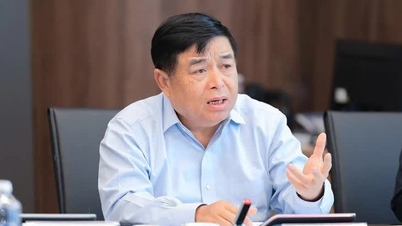
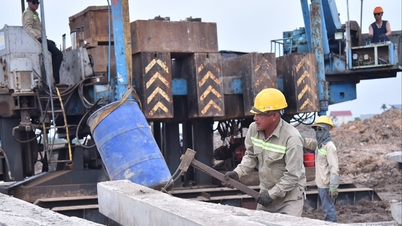

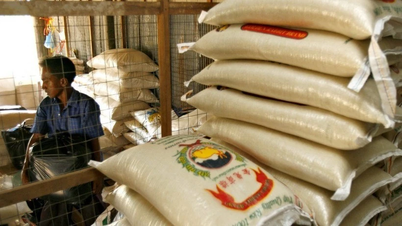



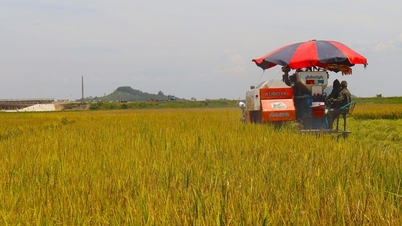
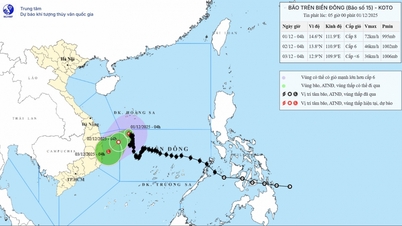















Comment (0)